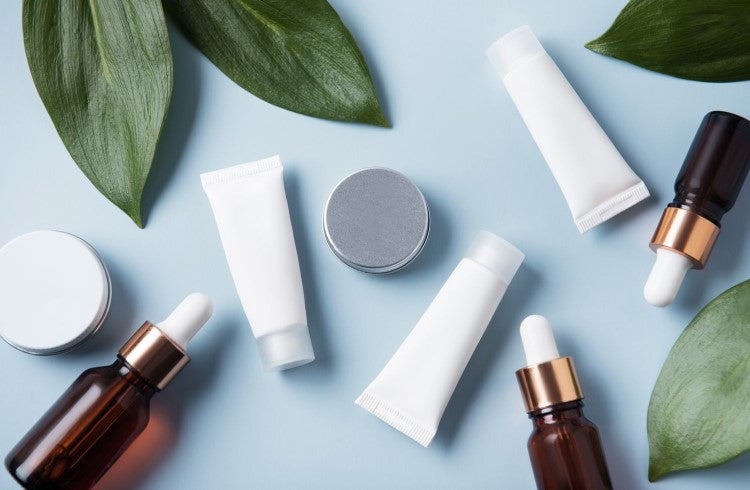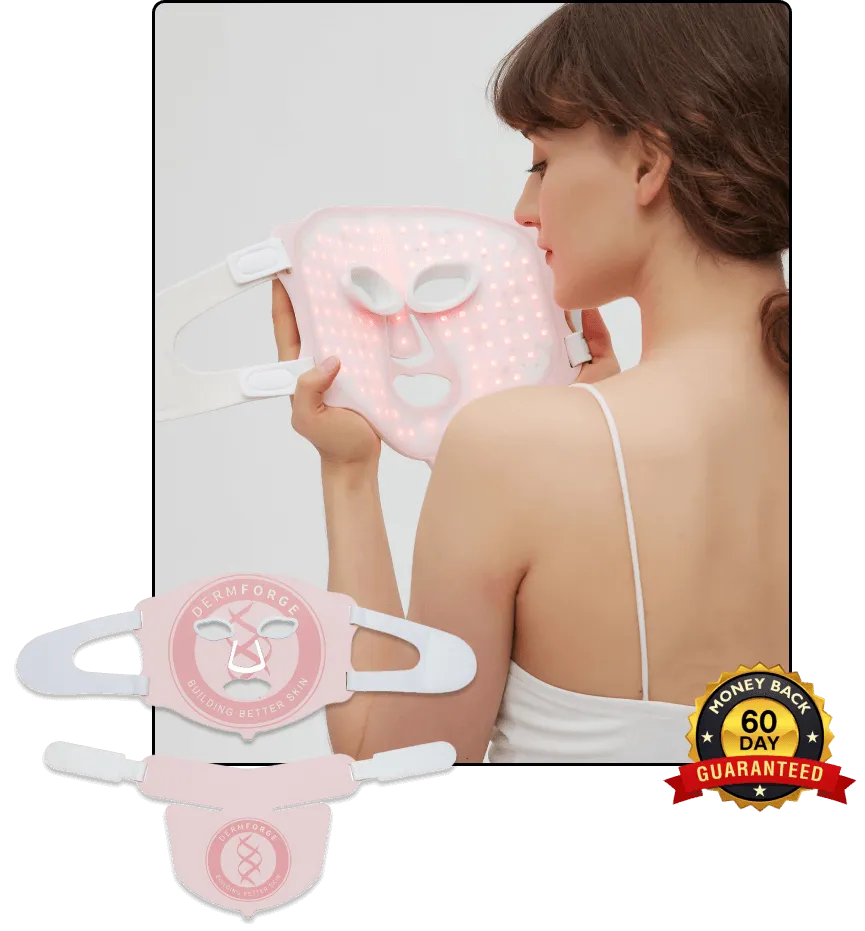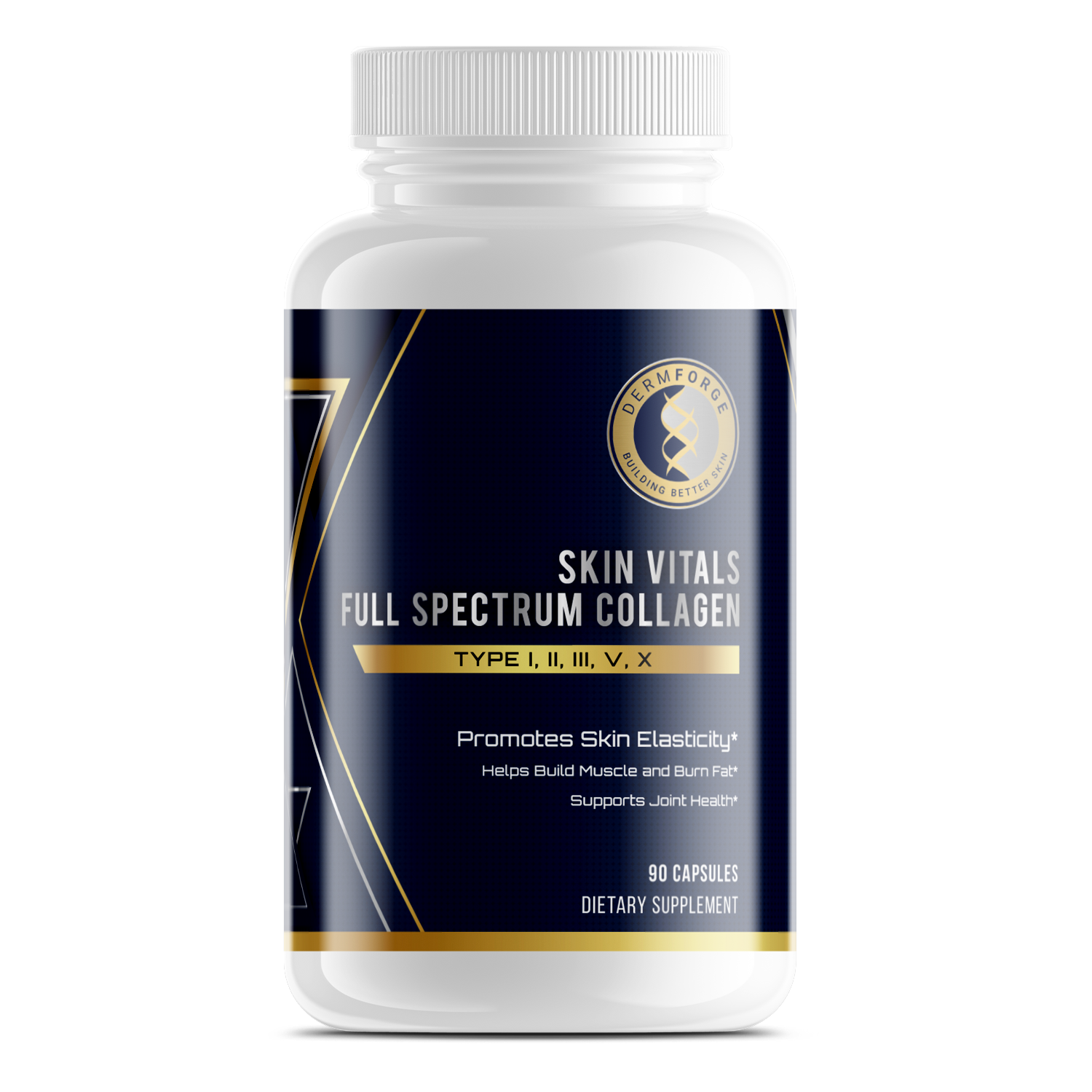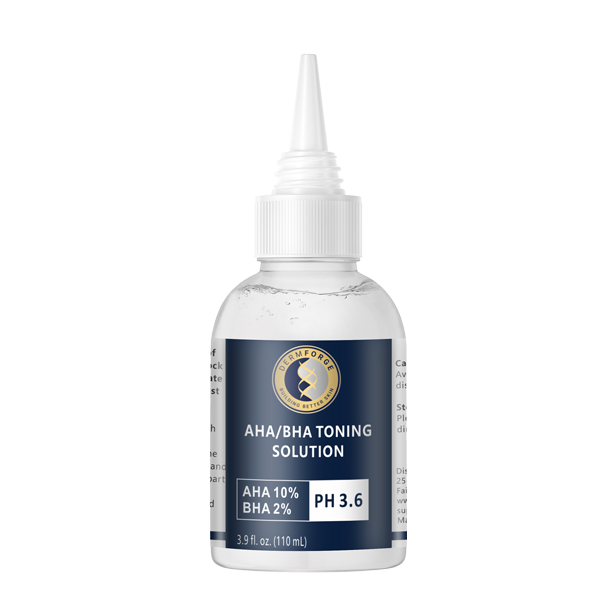Finding effective ways to care for your skin is essential as you age. Incorporating anti-aging skincare ingredients can help address visible signs of aging. These ingredients target wrinkles, fine lines, dullness, and loss of elasticity, offering comprehensive benefits. However, understanding how they work and combining them properly is key to achieving the best results.
Additionally, a thoughtful skincare routine can prevent premature aging while supporting your skin’s natural repair processes. Peptides, retinol, hyaluronic acid, and antioxidants are among the most effective options available. Each one plays a unique role, and together they create a powerful solution for improving your skin.
By focusing on scientifically proven ingredients, you can build a routine that supports long-term skin health. When applied consistently and carefully, these tools can transform the way your skin looks and feels. With the right approach, you can effectively tackle aging concerns and maintain a more youthful complexion.
The Role of Collagen in Skin Aging
Collagen plays a significant role in keeping your skin youthful and firm. This protein is a key component of your skin’s structure. It provides support and elasticity, giving your skin its smooth and plump appearance. When collagen levels are abundant, fine lines and wrinkles are less noticeable, and your skin looks healthier overall.
As you age, your body naturally produces less collagen, which weakens the skin’s framework. This reduction starts as early as your twenties and accelerates over time. External factors like sun exposure, pollution, and smoking further damage collagen fibers. These influences break down collagen faster than your body can replace it, leading to sagging, wrinkles, and dullness.
Fortunately, many anti-aging skincare ingredients target collagen production and preservation. Retinol, peptides, and antioxidants are widely studied for their ability to support collagen health. Additionally, protecting your skin from UV rays with sunscreen can slow collagen degradation. By addressing both internal and external factors, you can help maintain your skin’s firmness and resilience.
Understanding how collagen changes over time helps you make informed choices about your skincare routine. Incorporating the right products can help minimize signs of aging and keep your skin looking its best.
Peptides: Building Blocks for Skin Repair
Peptides are powerful tools in skincare that support collagen production and skin repair. These short chains of amino acids act as messengers in your skin, signaling it to produce proteins like collagen and elastin. By stimulating these proteins, peptides help maintain your skin’s structure, improving firmness and reducing the appearance of fine lines and wrinkles.
There are several types of peptides commonly found in anti-aging skincare ingredients. Signal peptides are known for encouraging collagen and elastin production, boosting your skin's resilience. Carrier peptides deliver essential trace elements like copper, which further aid in skin regeneration and repair. Each type of peptide targets specific concerns, making them versatile components in many skincare products.
Studies consistently support the effectiveness of peptides in promoting anti-aging benefits. Research shows that consistent use of peptide-rich products can improve skin texture, elasticity, and hydration. Additionally, peptides work well alongside other active ingredients like hyaluronic acid or antioxidants, enhancing their benefits. This makes them an excellent addition to any skincare routine focused on addressing signs of aging.
Incorporating peptides into your regimen helps you target early and advanced signs of aging. By encouraging collagen production and repairing damage, peptides provide long-term improvements in skin health and appearance. With their proven ability to restore and rejuvenate, peptides are a key focus in modern anti-aging skincare.
Retinol: The Gold Standard in Anti-Aging
Retinol is widely recognized as a top performer among anti-aging skincare ingredients. It promotes cell turnover, which helps reveal fresh, healthy skin. This process reduces the appearance of fine lines, wrinkles, and uneven texture. Retinol also stimulates collagen production, improving your skin’s firmness and elasticity over time.
Though retinol is part of the retinoid family, it differs from other forms like tretinoin and retinyl palmitate. Tretinoin is stronger and often prescribed for severe concerns, but it may cause more irritation. Retinyl palmitate is gentler and ideal for beginners, though its effects take longer to show. Retinol strikes a balance, offering noticeable results with a lower risk of irritation when used properly.
When adding retinol to your routine, start slowly to help your skin adjust. Use it once or twice a week, then increase as tolerated. Additionally, pair retinol with a moisturizer to reduce dryness and redness. Since retinol can increase sun sensitivity, apply it at night and use sunscreen during the day. By introducing it carefully, you can enjoy its benefits without overwhelming your skin.
With its ability to target multiple signs of aging, retinol remains a cornerstone of effective skincare. Whether you are tackling wrinkles or improving overall texture, this ingredient is a proven way to enhance your routine. Combining retinol with other anti-aging skincare ingredients can further optimize results for a healthier, more youthful complexion.
Hyaluronic Acid: Deep Hydration and Plumping
Hyaluronic acid is a standout ingredient for deep hydration and plumping. It can hold up to 1,000 times its weight in water. This remarkable ability helps your skin maintain moisture levels, leaving it smooth and refreshed. By replenishing hydration, hyaluronic acid restores balance to dry or dehydrated skin, making it feel more supple.
In addition to hydration, hyaluronic acid supports your skin’s elasticity. Well-hydrated skin appears firmer, and fine lines become less noticeable. Over time, consistent use of hyaluronic acid improves your skin’s texture and overall resilience. These benefits make it a popular choice in anti-aging skincare ingredients.
Combining hyaluronic acid with other active ingredients can further enhance its effects. For instance, pairing it with peptides boosts hydration while promoting skin repair. Additionally, using it alongside antioxidants helps protect your skin from environmental stressors. To maximize results, apply hyaluronic acid after cleansing and layer with a moisturizer to lock in hydration.
With its hydrating and plumping properties, hyaluronic acid is a versatile addition to any skincare routine. Whether you want to smooth fine lines or improve elasticity, it delivers lasting results. Incorporating it with complementary ingredients can create a balanced approach to healthier, younger-looking skin.
Antioxidants: Defenders Against Free Radicals
Antioxidants are essential for protecting your skin from oxidative stress, a major factor in premature aging. Oxidative stress occurs when free radicals, unstable molecules from environmental factors like pollution and UV rays, damage your skin cells. This damage accelerates the breakdown of collagen and elastin, leading to fine lines, wrinkles, and dullness.
Many skincare products feature antioxidants as key anti-aging skincare ingredients. Vitamin C brightens your skin and stimulates collagen production, reducing signs of aging. Vitamin E adds nourishment and enhances your skin’s barrier, while resveratrol provides powerful protection against environmental stressors. Together, these antioxidants help shield your skin from daily harm.
Additionally, antioxidants work well with other anti-aging ingredients to improve skin health. For example, pairing them with peptides supports repair processes while maintaining hydration. Using antioxidants alongside sunscreen also boosts your protection against UV damage. These combinations create a comprehensive approach to preserving your skin’s youthful appearance.
Incorporating antioxidants into your routine helps defend your skin and promote long-term health. By neutralizing free radicals and reducing oxidative stress, antioxidants combat visible signs of aging effectively. Their ability to complement other ingredients makes them a valuable addition to any skincare regimen.
Synergistic Skincare: Combining Anti-Aging Ingredients
A multi-ingredient approach to skincare allows you to target multiple signs of aging effectively. Each ingredient works differently but complements the others. For example, peptides promote collagen production, retinol boosts cell turnover, hyaluronic acid hydrates, and antioxidants protect against free radical damage. Together, these anti-aging skincare ingredients create a comprehensive routine for healthier, younger-looking skin.
To achieve the best results, you should layer products in a way that maximizes their effectiveness. Start with lighter, water-based products like hyaluronic acid and peptides. Follow these with treatments like retinol and finish with antioxidants and moisturizers. Additionally, allow each product to absorb before applying the next to avoid pilling or irritation.
However, combining powerful ingredients like retinol and antioxidants requires care. Retinol can be irritating when used excessively or with other active ingredients. To avoid issues, alternate retinol use with other treatments or apply it at night while using antioxidants in the morning. Consistency and moderation are key to avoiding irritation and achieving long-term benefits.
With proper layering and mindful application, combining anti-aging skincare ingredients enhances their effects and prevents common issues. A balanced approach ensures your skin receives the hydration, repair, and protection it needs. By using these ingredients together, you can maximize their potential and maintain a youthful complexion.
Conclusion
Incorporating the right anti-aging skincare ingredients into your routine can significantly improve your skin’s health and appearance. By addressing hydration, collagen production, and protection from environmental damage, these ingredients work together to tackle multiple concerns. Additionally, thoughtful combinations of peptides, retinol, hyaluronic acid, and antioxidants maximize their individual benefits while reducing the risk of irritation.
However, achieving the best results requires consistency and proper layering. Take time to understand how each ingredient fits into your regimen. By applying them correctly and being patient, you can see noticeable improvements over time. Your skin will benefit from the synergy of these effective anti-aging tools.
Ultimately, a well-rounded approach to skincare helps you maintain a youthful and vibrant complexion. Combining scientifically proven ingredients creates a foundation for lasting results. By investing in a thoughtful routine, you support your skin’s long-term health and resilience.






